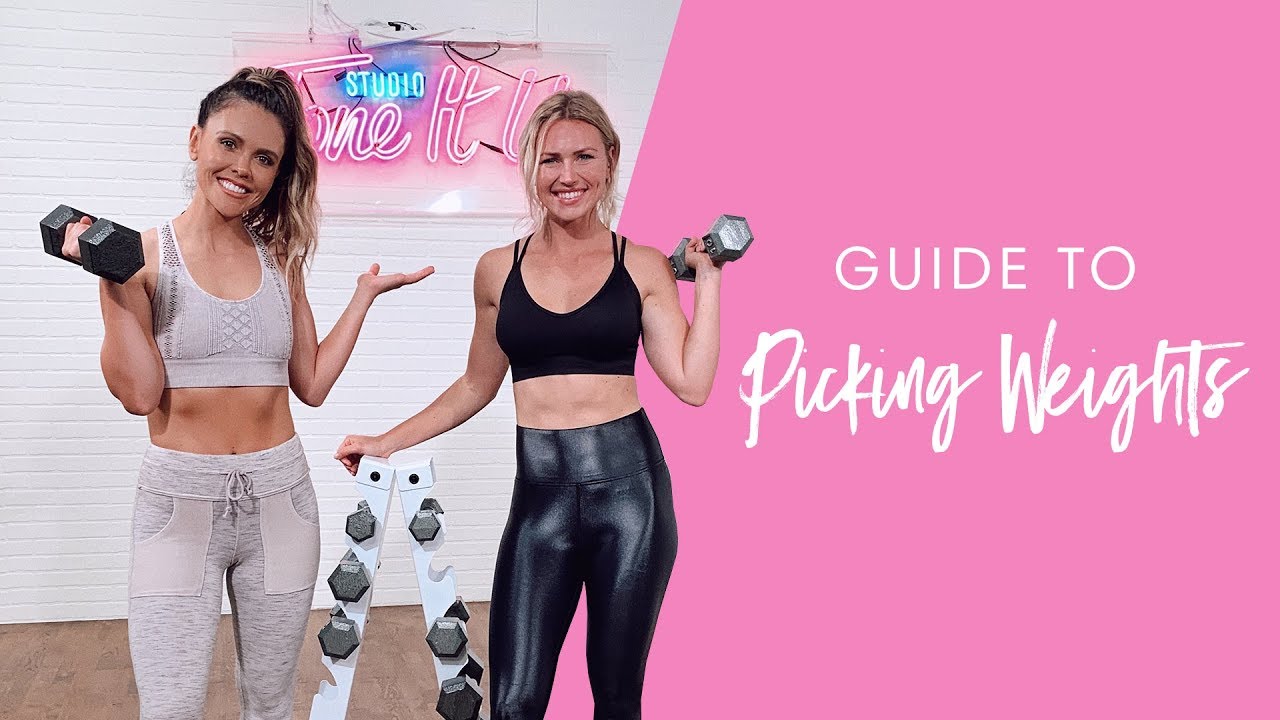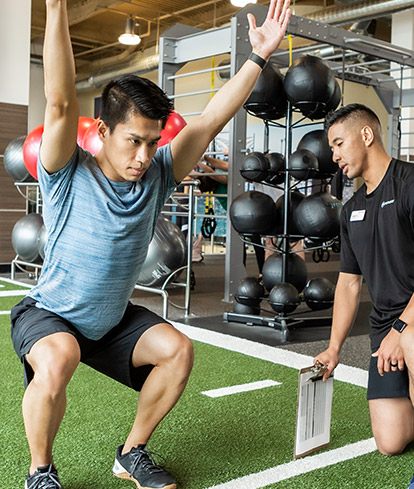
The University of Iowa (or University of Iowa) is a public research university in Iowa City. It was founded in 1847 and is the oldest university in the state. It is organized into 12 colleges that offer more than 200 study areas and seven professional degrees. There are many opportunities for students to pursue different careers while attending the University of Iowa.
Position description for university of iowa student jobs
There are many student jobs on campus that allow you to contribute to the University of Iowa’s day-today operations. The quality of service provided to the UI community is greatly affected by the contributions of student employees. Interested students can learn more about student jobs on campus by reviewing Handshake, the university's online job posting database.
University of Iowa has a variety of hourly, part-time student jobs. These positions can be taken on or off-campus. Students can work upto 40 hours per day during the summer. Part-time, hourly jobs don't require students to sign up for summer classes. Employers must be familiar with the Iowa rules regarding student employment. The law limits student hours of employment to twenty hours during an academic year. Students can only work forty hours per semaine during winter, spring, or summer holidays.

Hourly work limits
State law sets hourly work limits for students working at the University of Iowa. Students are allowed to work no more than twenty hours per week during the school-year and 40 hours during breaks. Students who work more than 40 hours per week will have to pay overtime. This is not covered under Work-Study dollars. Hourly work limits will depend on how many Work-Study Dollars a student gets each week.
According to the University of Iowa's Handbook for New Students, students should not work more than 20 hours per week. This is a lot of time and students who work more may not be able to study well. Employers are encouraged, however, to post student job vacancies in Handshake so long as they comply the state law.
Required Form I-9
You might wonder if University of Iowa student jobs require you to obtain Form I-9 certification. These important documents are required to verify an employee's identity and determine if they are working on campus. These forms are required by law and are a way to protect the university from fraudulent claims of employment. You can always ask the school's human resource office if you have any questions about Form I-9.
For students who receive a salary for their work, they must complete Form I-9 within three days of their start date. Students must submit the form and provide their identity documents to Student Employment Office. These documents include a passport, birth certificate or SS card. Employers are encouraged filling out multiple applications for student work and submitting them to the Student Employment Office. Interviews will be conducted in a confidential setting.

Payroll biweekly
Employed by the University of Iowa, your paychecks are issued on a biweekly basis. Biweekly pay employees for work done within the last calendar month. Unless you have a semester appointment, you will get a paycheck on Monday of the next week. The biweekly pay schedules include eligible pay adjustments.
Sign in to employee self service and choose the Payroll tab. To see your earnings statements Next, click View Paycheck History. To access your Payroll Services Account, enter your employee ID Number and your name.
FAQ
How do I get started with Fitness?
Start small. Take 10 minutes each day to walk around your block. This will teach you the basics of movement and give your muscles time for adaptation. Once you've mastered this simple form of exercise, try adding more steps to your daily routine.
What effects does caffeine have on my sleep patterns?
Caffeine affects how long it takes you to fall asleep and how soundly you sleep. Caffeine can cause drowsiness that makes falling asleep much easier. Caffeine keeps you awake for longer periods of time, making it difficult to fall asleep again. You should not drink energy drinks or coffee right before bed.
Is exercise good for me?
Yes. Regular exercise can help you shed extra calories and lose weight. Exercising can increase your metabolism so that you can burn calories even when you're not working out.
What is the importance of good nutrition?
We need to eat well for our health and wellbeing. A healthy diet should include fruits, vegetables and whole grains as well as lean proteins, dairy products, and legumes. Healthy eating habits lead to improved overall health.
What is exercise good for?
Exercise can help you lose weight, increase muscle mass, improve energy levels, reduce stress and improve your sleep quality. You will experience improved moods and self-esteem as well as increased productivity and a lower risk of developing heart disease.
Do I gain weight from exercising?
Not at all. Exercising can help you maintain your current weight. You can build muscle mass and speed up your metabolism by exercising regularly. This will mean that your body won't store as many calories.
How exercise and nutrition can improve your quality of life
Exercise helps you to stay healthy, lose weight, gain muscle mass, and reduce stress. Nutrition is important for energy, sleep, mood, and overall health. To live longer, you should eat less meat, moderate your alcohol intake, stop smoking, and get regular exercise.
Statistics
- One study showed that adults who watch more than 4 hours of television daily had an 80% higher risk of death from cardiovascular disease. (heart.org)
- In 2018, the World Health Assembly agreed on a global target to reduce physical inactivity by 15% by 2030 and align with the Sustainable Development Goals. (who.int)
- Globally, 28% of adults aged 18 and over were not active enough in 2016 (men 23% and women 32%). (who.int)
- Globally, 81% of adolescents aged 11-17 years were insufficiently physically active in 2016. (who.int)
External Links
How To
How to motivate you to exercise regularly
A fitness Routine is a set of exercises performed regularly for a specific period of time. It is a way to build muscle mass and tone the body. Regular physical activity can improve cardiovascular health and lower blood pressure, cholesterol levels and risk of heart attack and stroke. It also reduces anxiety, stress, depression, stress, obesity and other diseases. Exercise provides psychological benefits like self-esteem and confidence, mood, energy levels, sleep quality, and social interaction.
Why would you choose to make your own fitness program?
You can lose weight and improve your health by following a workout routine. But why would you want to follow one? Let's find the answer!
What does it entail to have a regular fitness program?
It's a minimum of three times per week that you engage in some form or activity such as running, swimming and yoga. You don't necessarily have to spend hours doing this; just 30 minutes of exercise is enough to burn calories and keep you healthy. You must stick to your plan. It doesn't matter if you skip a day or two. Just keep going.
How much time do I need to dedicate to my fitness routine?
The time it takes depends on how busy and active you are. It takes between 20-30 minutes to complete a moderate workout. For those who are just getting started with exercise, you might start slow, starting with five to ten minute increments. You can gradually increase the time you exercise once you are comfortable with it.